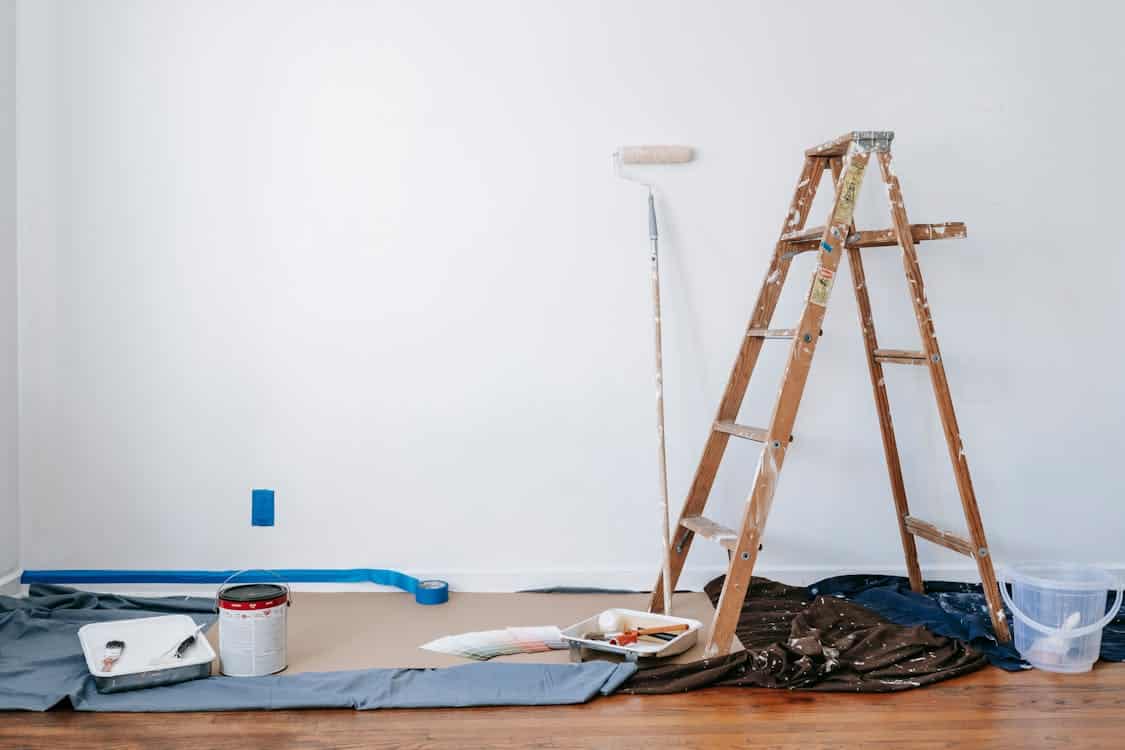7 Tips to Prepare for a Home Renovation
Home renovations can be exciting yet daunting. Whether you’re planning to update a single room or transform your entire home, the process requires careful planning and preparation. Without proper planning, you might find yourself overwhelmed by unexpected costs, delays, and disruptions. However, with the right preparation, you can ensure a smoother renovation experience. This article will provide you with practical tips to help you get ready for your home renovation, ensuring that the process is as stress-free and efficient as possible.
Plan the Renovation Timeline
A detailed timeline is crucial for keeping your renovation project on track. Begin by outlining all the tasks that need to be completed, from initial planning and design to the final touches. Break the project into phases, assigning specific timeframes to each phase. This not only helps in keeping the project organized but also allows you to anticipate any potential delays. Remember that renovations often take longer than expected, so it’s important to be flexible with your timeline. Communicate regularly with your contractors to ensure everyone is on the same page and adjust the timeline as needed to accommodate any changes or delays.
Rent a Storage Unit
During a home renovation, your space can quickly become cluttered with tools, materials, and furniture. Renting a storage unit can be a practical solution to keep your belongings safe and out of the way. A storage unit provides a secure place to store items that you don’t need on a daily basis, reducing the risk of damage or loss during the renovation. When choosing a storage unit, consider the size you’ll need based on the number of items you plan to store. It’s also important to hire movers to move your stuff into the unit.
By renting a storage unit and hiring the best local movers in your area, you can create more space in your home and make the renovation process more manageable.
Get Necessary Permits
Permits are essential for ensuring that the work is done safely and in compliance with local building codes. Not obtaining thesepermits can result in fines and delays. Start by researching the types of permits required for your project, which can vary depending on the nature of the renovation. Common permits include those for structural changes, electrical work, and plumbing. Once you know which permits you need, apply for them well in advance to avoid any delays in your project. Your contractor can often assist with this process, ensuring that all the necessary paperwork is completed and submitted correctly.
Protect your Home
During a renovation, it’s essential to take steps to protect the parts of your home that aren’t being renovated. This can prevent damage and minimize the cleanup required after the project is completed. Start by covering floors and furniture with plastic sheets or tarps to protect them from dust, debris, and paint splatters. If you’re working with heavy materials or tools, consider using thicker floor coverings to prevent scratches and dents.
Seal off the renovation area with plastic sheeting to contain dust and prevent it from spreading throughout your home. Additionally, establish a designated area for workers to store their tools and materials to keep the rest of your home clutter-free. By taking these precautions, you can ensure that your home remains in good condition throughout the renovation process.
Prepare for Noise and Dust
Renovations inevitably create noise and dust, which can be disruptive to your daily life. To minimize discomfort, take steps to prepare for these inconveniences. If you’re sensitive to noise, consider investing in earplugs or noise-canceling headphones. Communicate with your contractors about their work schedule so you can plan your activities around the noisiest periods.
To manage dust, use air purifiers to help keep the air clean, and change your HVAC filters regularly. Close off vents in the renovation area to prevent dust from spreading through your home’s ventilation system. Inform your neighbors about the renovation and its expected duration to maintain good relations and minimize any potential conflicts. By preparing for noise and dust, you can reduce the impact of the renovation on your daily life.
Make Arrangements for Temporary Living
Depending on the scale of your renovation, you might need to make temporary living arrangements. If the work will make your home uninhabitable, consider finding temporary housing options such as renting an apartment or staying with friends or family. If moving out isn’t necessary, you can set up a temporary living space within your home.
Designate a specific area where you can cook, sleep, and relax away from the renovation zone. Plan your meals in advance and consider using portable cooking appliances to make meal preparation easier. By planning for temporary living arrangements, you can maintain a sense of normalcy and reduce the stress of living in a construction zone.
Have a Clear Vision of the End Result
Having a clear vision of the end result is essential for a successful renovation. Before you start, take the time to define your goals and gather inspiration. Create a vision board or collect photos of designs and styles that you like. This can help you and your contractors understand the desired outcome and stay aligned throughout the project.
Be open to adjustments and improvements along the way, as unexpected challenges or new ideas may arise. Keep the end result in mind, but also be flexible and willing to adapt. By maintaining a clear vision and being open to changes, you can achieve a final result that meets your expectations and enhances your home.
Preparing for a home renovation involves careful planning and consideration of various factors. From setting a realistic budget to protecting your home and ensuring clear communication with contractors, each step plays a crucial role in the success of your project. By renting a storage unit, planning your timeline, and making temporary living arrangements if necessary, you can minimize disruptions and keep the renovation process organized.
Obtaining the necessary permits and having a clear vision of the end result will further ensure that your renovation goes smoothly and meets your expectations. With these tips in mind, you can confidently embark on your home renovation journey, knowing that you’re well-prepared for whatever comes your way.





